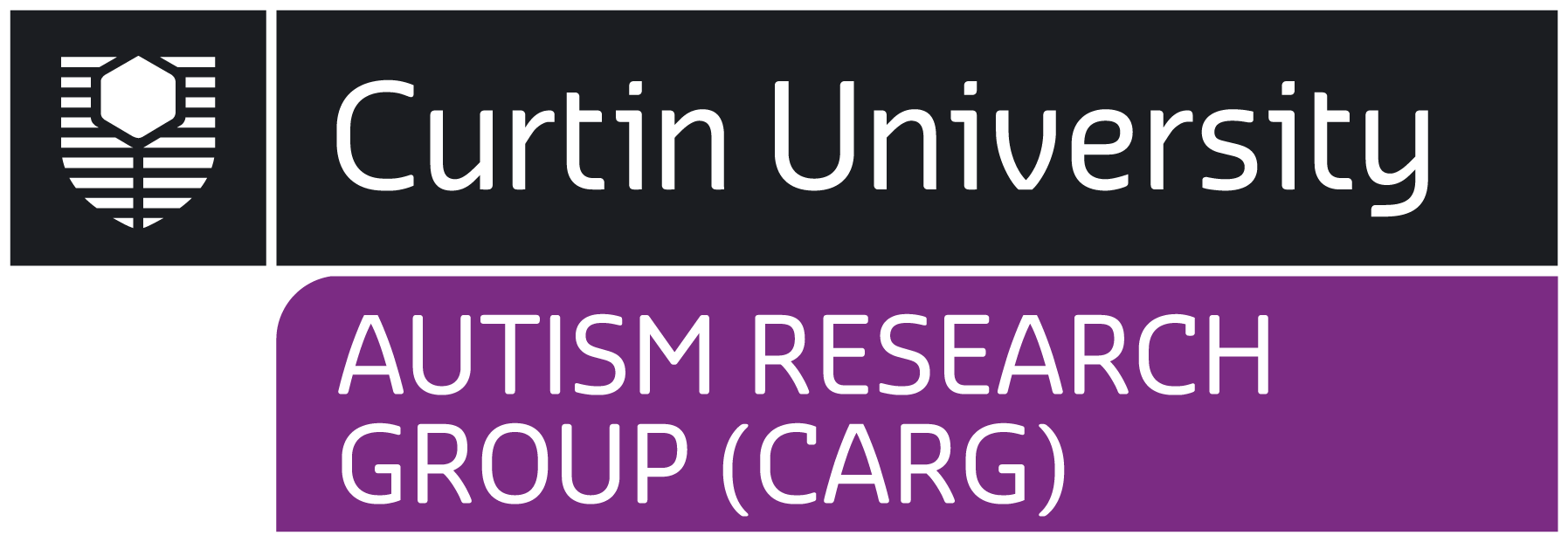Survey participants recruitment for social skills group training program
Our PhD student, Bahareh Afsharnejad, is conducting a study that is seeking to understand how Australian teenagers have fun and who they like to have fun with. This information will help inform a social skills group training program for autistic teenagers. She is looking for Australian teenagers aged between 12-17 years who do not have…
